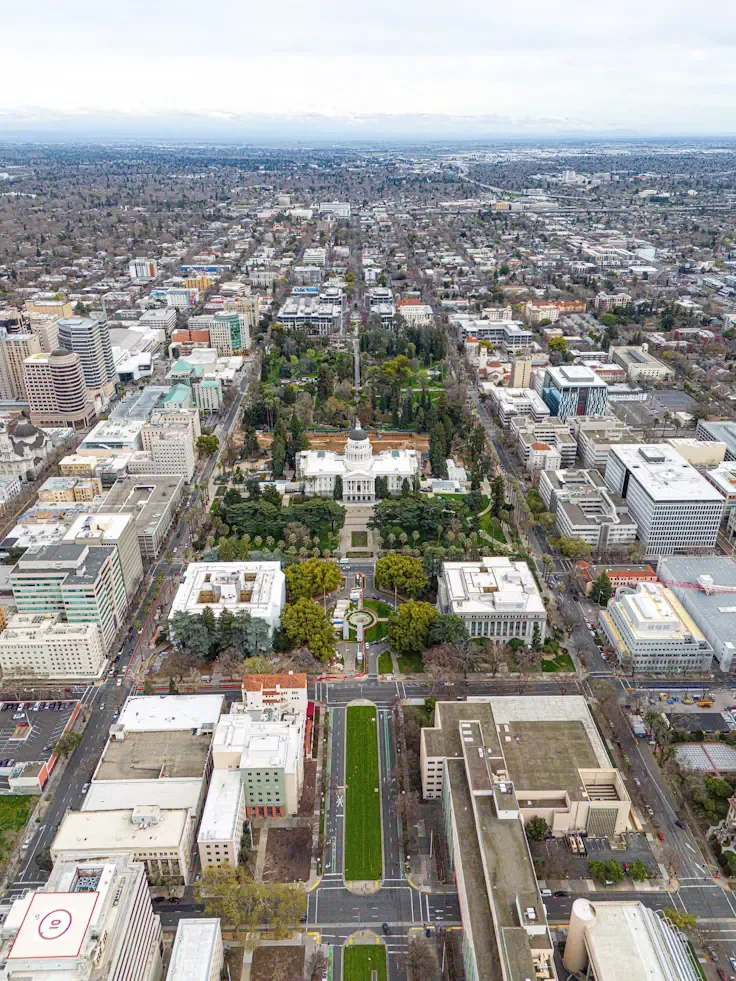Milwaukee
Milwaukee, known for its rich history and vibrant culture, serves as the largest city in the state of Wisconsin. As a hub of commerce, industry, and education, Milwaukee plays a significant role in the Midwest region of the United States. This article will provide an overview of Milwaukee’s government structure, its civic engagement, and the importance of attending local council meetings.
Government Structure
The City of Milwaukee operates under a mayor-council government system. This structure allows for a strong mayor who has executive authority, alongside a Common Council that serves as the legislative body. Understanding this framework is crucial for residents who wish to engage with local governance.
Mayor’s Role
The Mayor of Milwaukee is responsible for overseeing the city’s operations, implementing policies, and managing city departments. The mayor also represents the city in various civic and ceremonial functions. The role is vital in ensuring that the city’s vision aligns with the needs of its residents.
Common Council
The Milwaukee Common Council consists of 15 elected members who represent different districts throughout the city. Council members are responsible for creating laws, approving budgets, and addressing constituent concerns. Meetings are held regularly, offering a platform for public discourse and civic engagement.
Civic Engagement in Milwaukee
Civic engagement is a cornerstone of democracy, and in Milwaukee, residents have various opportunities to get involved. Local government meetings, such as those held by the Common Council, are open to the public, allowing residents to voice their opinions on issues that matter to them.
Attending Council Meetings
Attending Milwaukee’s council meetings provides residents with firsthand insight into local governance. These meetings are typically held in the City Hall and are scheduled at regular intervals. Residents are encouraged to participate by:
- Listening to discussions on key issues affecting the community
- Submitting public comments during designated times
- Staying informed about new laws and city projects
Benefits of Participation
Engaging in local government meetings offers numerous benefits:
- Informed Citizenship: Participation helps citizens stay informed about local issues and policies.
- Community Representation: Residents can express their views, ensuring their concerns are considered in decision-making.
- Network Building: Attending meetings allows residents to connect with neighbors and local leaders.
Milwaukee’s Community Resources
Milwaukee provides a variety of resources aimed at enhancing civic engagement and community involvement. These resources include:
- City Website: The official Milwaukee city website offers access to meeting agendas, minutes, and other essential documents.
- Local Organizations: Numerous non-profits and civic organizations work to promote community engagement and advocacy.
- Educational Workshops: The city often hosts workshops to educate residents about local governance and how to engage effectively.
Conclusion
Milwaukee stands as a vibrant city with a unique government structure that encourages civic participation. By attending local council meetings and engaging in community discussions, residents can play an active role in shaping the future of their city. Understanding the importance of local governance and the avenues for engagement is essential for fostering a strong, democratic community.
In summary, Milwaukee offers a dynamic landscape for civic engagement through its governance framework, open council meetings, and community resources. Residents are encouraged to participate actively to ensure their voices are heard and their needs are met effectively.






